With Summer ending and Fall quickly approaching, this is a good time of year to remember to fall back into good dental habits.
Chestnut Dental prides ourselves on exceptional care for all your family’s dental needs. Chestnut Dental specializes in pediatric, orthodontic, and adult dentistry. Our pediatric dentists are board-certified diplomates of the American Board of Pediatric Dentistry. Many of our dentists are locally trained at Harvard and/or Tufts, and affiliated with Boston Children's Hospital. Our warm, family-friendly approach to dental health delivers proactive preventative care that focuses on promoting a long-term, healthy smile to our patients of all ages.
Oral health is integral to overall health and starting healthy habits early sets up a good foundation for lifelong success. Below are questions that we are frequently asked at Chestnut Dental about infant/child oral health care:
When should my child first see the dentist?
The American Academy of Pediatric Dentistry and American Academy of Pediatrics recommend all children see a dentist by the age of 1 or within 6 months of eruption of the first tooth.
What happens at a first dental visit?
At Chestnut Dental, infants receive a comprehensive oral evaluation, a risk assessment for developing dental cavities, and, if indicated, a fluoride treatment. By seeing children as toddlers, we hope to promote oral health and decrease the risk of developing cavities.
We provide parents with guidance regarding many areas of oral health, particularly information on how to lower the risk of dental cavities, which remains the most common disease of childhood – 5 times more common than asthma and 7 times more common than hay fever. Our top priority is to educate parents on topics including tooth eruption, tooth trauma, risk factors for dental disease, oral hygiene instruction, appropriate fluoride exposure and thumb and pacifier habits.
An early visit to the pediatric dentist gives parents a "dental home" for their child. The most important part of the first visit is establishing a familiarity and comfort level with the doctors, office and staff.
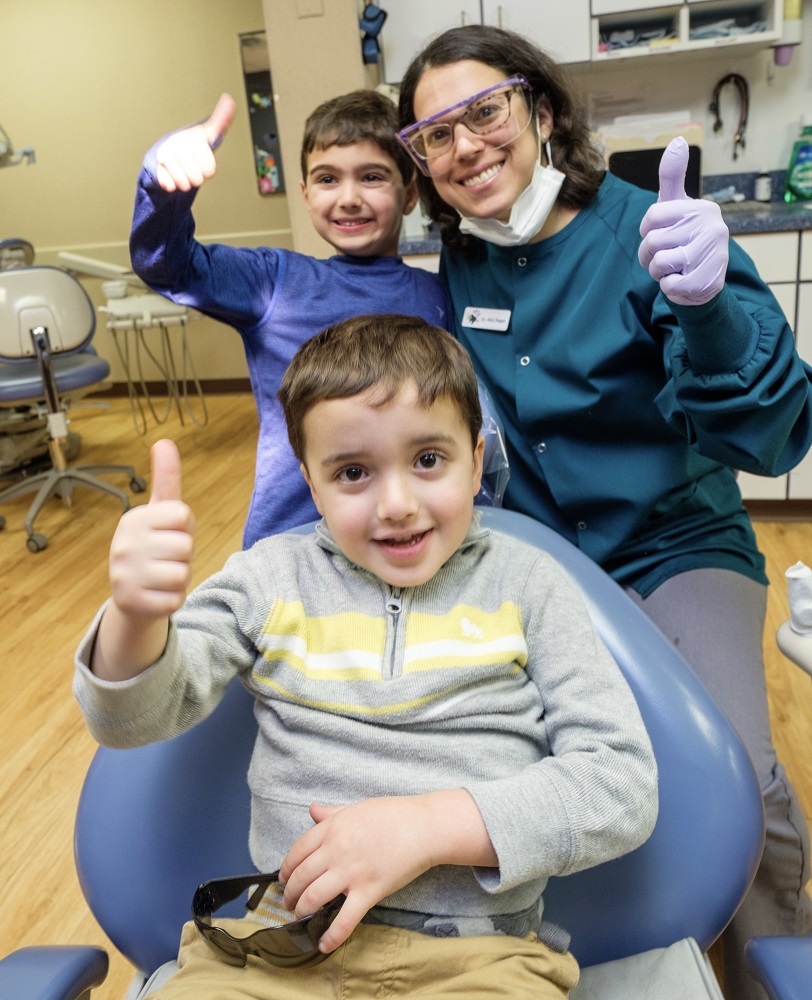
When will my child get their first tooth?
On average, infants get their first tooth around 5-8 months.
When will my child lose their first tooth?
Around 5-7 years of age.
My child cries when I brush her/his teeth. Am I hurting them?
Children may cry when you change their diaper or give them a bath. In all of these cases, you are not hurting them, you are helping them!
When should I start using toothpaste with fluoride?
For every child under 3, as soon as they have a tooth, you should be using a smear (the size of a grain of rice) of fluoridated toothpaste. For children 3-6, you should use a pea sized amount of fluoridated toothpaste.
How often should my child see a dentist?
At least every 6 months
When will my child have a dental cleaning?
Typically around 2.5-3 years old is when we have children meet a dental hygienist for a dental cleaning.
What causes a cavity?
Cavities are multi-factorial. A cavity is a bacterial infection - not just a hole in the tooth. The bacteria that live in our mouth utilize sugars from our diet to create acid which attack the teeth and leads to a cavity.
How can I prevent cavities?
The main ways to prevent cavities are: limit sugars in the diet, good daily brushing with a fluoride toothpaste, flossing once teeth touch, and limit snacking/grazing.
Sugar is everywhere - yogurt, raisins, packaged snacks - even “organic” and “all-natural” can be high in sugar. The American Academy of Pediatrics recommends no juice for under 1 year, and no more than 4 ounces per day for 1-3 year olds. The key is to reduce the length of time and frequency teeth are exposed to sugars. Natural sugars (glucose, sucrose and fructose) and carbohydrates are broken down into sugars that can make cavities. Best is to avoid juice or only give one cup a day at a meal time and then brush after.
Fluoride is naturally occurring ion, and when used properly and in moderation, is a very safe and effective way to reduce cavities.
Lots of water in between meals is great for the teeth and body!
Is it necessary to fill a cavity in a baby tooth?
Yes. Filling a cavity in a baby tooth preserves the tooth and prevents pain. A baby tooth is not only used to talk and chew, but it also maintains space for the replacement permanent (adult) tooth.
When should my child start flossing?
As soon as there is no space between the teeth.
When can my child brush their teeth on their own?
Once they are able to tie their own shoes, they have sufficient dexterity to brush their teeth by themselves.
At Chestnut Dental, our pediatric, orthodontic and adult dental specialists are happy to provide your entire family with comprehensive care to ensure a lifelong of dental health. We offer evening and Saturday appointments, and 24 hour emergency call coverage.
Chestnut Dental is a private practice with locations in Needham, Franklin and Bedford MA. We can’t wait to meet you!
Chestnut Dental
41 North Road
Bedford MA
(339) 234-5075
Facebook: https://www.facebook.com/ChestnutDentalAssociates/
Instagram: https://www.instagram.com/chestnutdental8738/
YouTube: https://www.youtube.com/user/ChestnutDentalAssoc
 | 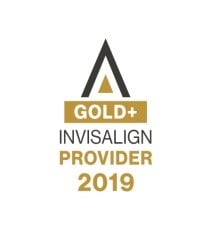 |
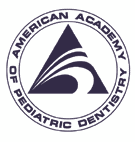 | 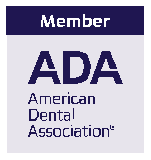 | 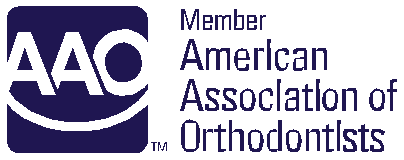 |



